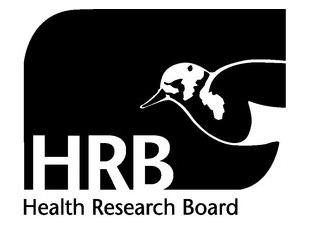Colorectal Cancer Risk: The Influence of Selenoprotein Gene Variants and Blood Selenium Status
In Ireland colorectal cancer (bowel cancer) is one of the most significant causes of cancer and there is a pressing need for more research to focus on prevention strategies. Accumulating research evidence suggests that a low intake of the trace nutrient selenium (Se), such as in Ireland, is associated with an increased risk of bowel cancer and an optimum Se intake may help to prevent cancer. We have recently discovered for the first time, in a study of the Czech population, that variations in the genes encoding the proteins by which Se exerts its biological roles (selenoproteins) influence an individual’s risk of developing bowel cancer, highlighting the potentially important role played by selenoproteins and Se in protecting cells from cancerous growths. We wish to confirm the extent that these genetic variants increase susceptibility to bowel cancer by using the much larger sample size of the European Prospective Investigation into Cancer and Nutrition (EPIC) cohort with 1500 bowel cancer cases and 1500 controls from ten European countries plus a further 300 bowel cancer cases and 300 controls from Ireland. This will provide the power to estimate how the effect of these variants is further modified by interactions with other selenoprotein genes and modulated by gender. We will for the first time in bowel cancer research measure the level of Se in the blood of patients and normal controls to see how this in combination with variants in selenoprotein genes affects cancer risk. This will help define the use of Se in Ireland and across Europe as a simple, inexpensive and natural chemo-prevention agent against bowel cancer. Our examination of the interplay between Se levels and genetic background should define those individuals especially suited to the use of Se as a cancer prevention strategy, and also for use against cancer recurrence.
 This project is funded by HRB.
This project is funded by HRB.